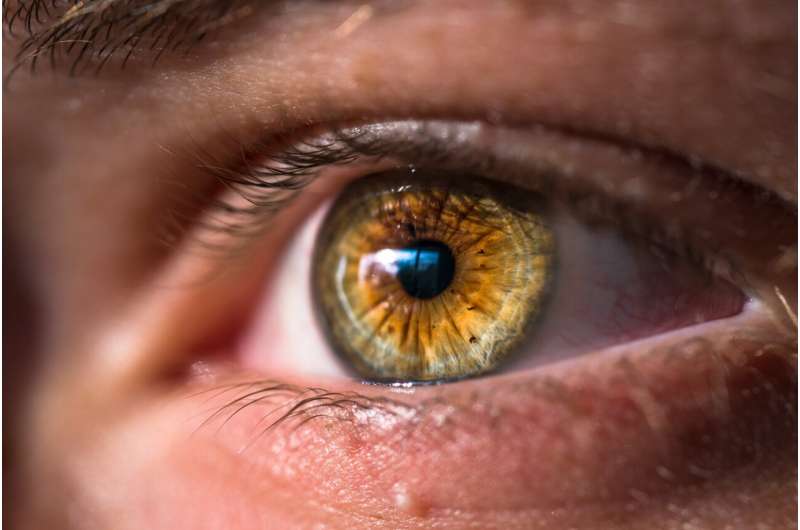Mayo Clinic Q and A: Relief for dry eyes

DEAR MAYO CLINIC: Since the beginning of winter, my eyes feel dry and scratchy. I can no longer wear contacts because my eyes burn and sting, and are watery. How can my eyes be dry and watery at the same time, and what can be done to fix this?
ANSWER: It is common to have dry and watery eyes at the same time. Watery eyes is the No. 1 complaint of those with dry eyes. That's because when your eyes get dry enough, they act as if there is something in them and try to flush it out. And this leads to watery eyes.
People with dry eyes produce poor-quality tears, not enough tears or both. This leads to chronic inflammation of the eye surface and a stinging or burning sensation. You also could have eye redness, difficulty wearing contact lenses, blurred vision, sensitivity to light or eye fatigue. Winter can be especially challenging with dry air and forced-air heaters in vehicles or other enclosed environments.
There are many causes of dry eyes, and some people have a greater risk of developing dry eyes. People who have acne rosacea; diabetes; thyroid disease; autoimmune diseases; and inflammatory diseases that include rheumatoid arthritis, lupus and Sjogren's syndrome are more likely to develop dry eyes.
The development of dry eyes can be affected by the overall health of your eyes. Irregular eyelid margins, eyelash mites and some eye diseases can contribute to dry eye disease. Wearing contacts for a long time, or a poor blinking rate or incomplete blinking, which often occurs when using digital devices, also can lead to dry eyes.
Environmental factors, like secondhand smoke, low seasonal air quality or polluted air, can cause eye irritation and be problematic. Your diet also can affect your eyes. Diets high in omega-6 fatty acids and low in omega-3 fatty acids can cause inflammation, a key component to dry eye disease. A heart-smart diet high in vitamin D, such as the Mediterranean diet, is an eye-smart diet.
Taking some medications, like antihistamines, antidepressants and birth control pills, can increase the likelihood of dry eyes. Preservatives in medicated eyedrops used chronically, including glaucoma drops and over-the-counter artificial tears, also can worsen dry eye symptoms. Avoid drops that claim to get the red out. These can lead to rebound red eyes, which cause eyes to be even redder and more irritated than before.
Finally, dry eyes are more common as you get older. Normal aging changes your eyes, and they don't function as well as when you're younger. Dry eyes also can be caused by changes in hormone levels associated with age, menopause, pregnancy or birth control pills.
So what can you do if you have dry, yet watery eyes? The first step is to visit your eye doctor and discuss your symptoms. Many people fail to mention these issues because they don't see them as important. Your doctor will work to evaluate your symptoms, and the quality and quantity of your tears.
Once an evaluation is complete, your doctor will design a treatment plan to improve the environment for your eyes and your dry eye disease. This could include using supplements, hot compresses or prescription drops; improving your diet; and controlling your environment with a humidifier.
Unfortunately, there's no magic wand to make dry eye disease instantly better. Your dry eye disease didn't occur overnight. It took many months or years to develop, and it's not going to go away immediately. However, if you follow a treatment plan, and you learn and use new habits, your dry eye disease can improve.
©2022 Mayo Clinic News Network.
Distributed by Tribune Content Agency, LLC.




















